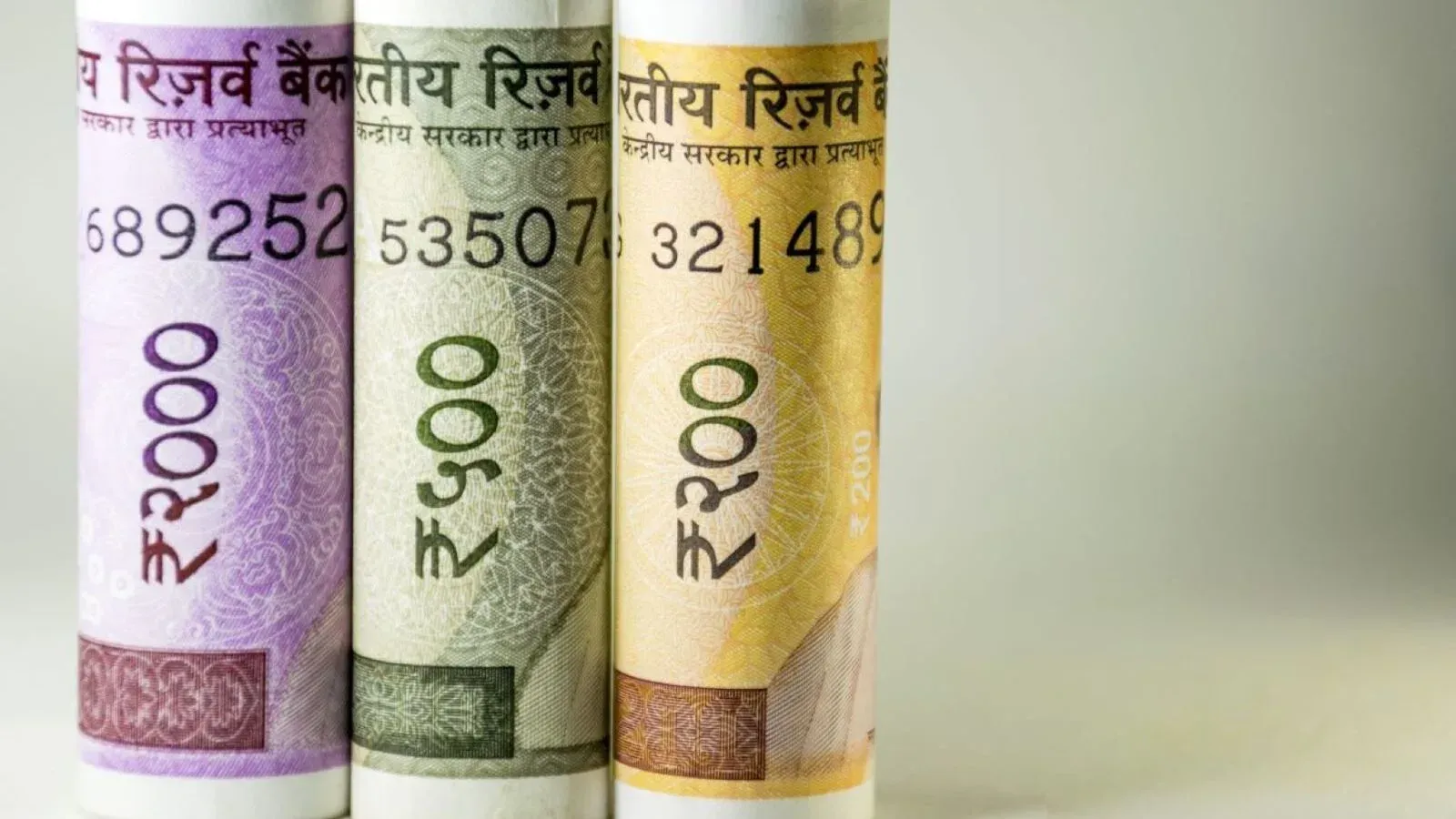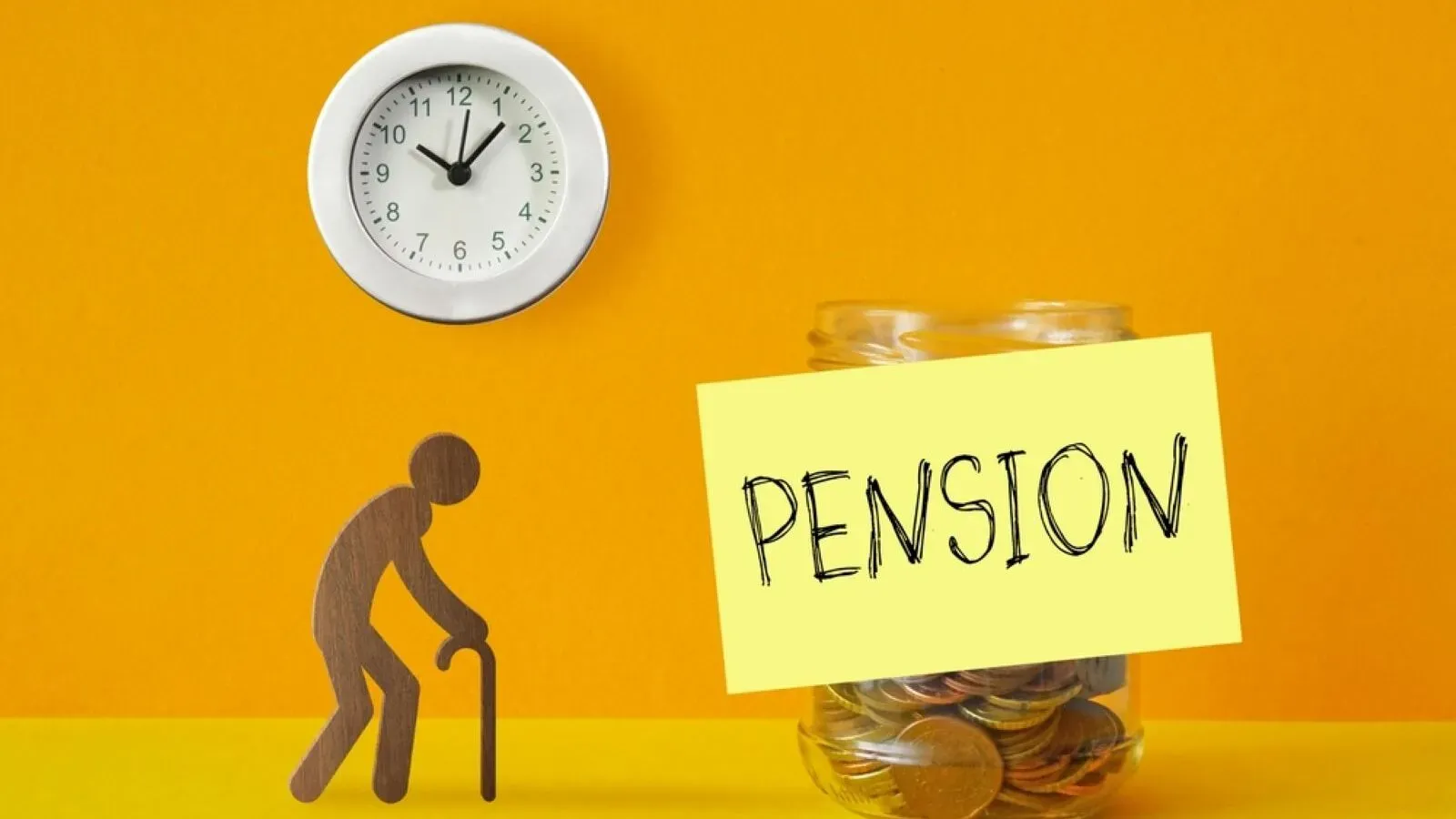Personal Finance News
8th Pay Commission FAQs: Salary, pension, timeline, fitment; over 22 queries answered
.png)
8 min read | Updated on August 07, 2025, 14:04 IST
SUMMARY
8th Pay Commission queries: This article answers over 22 frequently asked questions (FAQs) around the 8th Central Pay Commission (CPC), based on the information that is officially confirmed by the Government and the NC-JCM, the Staff Side.

8th Pay Commission is yet to be set up while employees are having huge expectations from the new pay panel. | Representational image source: Shutterstock
Even after around 8 months from the announcement of the 8th Pay Commission, the Government is yet to officially notify the new pay panel. While the formation of the 8th Pay Commission is in process, there is a lot of excitement among central government employees and pensioners around the expected decisions of the new pay panel.
In this article, we have answered over 22 frequently asked questions around the 8th Central Pay Commission (CPC), based on the information that is officially confirmed by the Government, recent reports, and the NC-JCM, the staff body representing employees in the pay commission's deliberations.
We have also reported these official confirmations from time to time and linked them for reference at suitable places in the following list of FAQs around the 8th Central Pay Commission. For the ease of understanding, we have kept the answers short and to the point. Let's dive into the 8th CPC FAQs now.
8th Pay Commission: General FAQs
8th Pay Commission is the new pay panel announced by the Central Government for its employees and pensioners. The 8th CPC is important for employees as it will review their current salaries, allowances, and various other perks and recommend changes to help them face current financial challenges.
The 8th Pay Commission is expected to be very different from previous pay commissions. It is being set up at a time when the Indian economy has become the fourth-largest in the world. Moreover, the financial challenges faced by employees have changed vastly in the last 10 years. The new pay panel is expected to provide a means to address these challenges.
However, the exact difference between the 8th CPC and previous pay commissions would be known only when its recommendations are released.
All Central Government employees and pensioners, including defence personnel, PSU employees, and All India Service officials etc., are expected to benefit from the 8th Commission. These employees are currently covered by the recommendations of the 7th Pay Commission.
Pay commissions for Central Government employees are set up once in 10 years.
Currently, no major challenge regarding the 8th Pay Commission’s implementation is known, as it is yet to be set up. Delay in 8th CPC formation and a lack of regular communication regarding the pay panel through official channels may be seen as minor challenges. However, they will be irrelevant once the panel is set up or when it submits its recommendations.
There is no official response from the government on these demands as the 8th Pay Commission is yet to be formed.
Key official bodies involved in the 8th Pay Commission formation include DoPT, DoE, the Ministry of Finance, and the NC-JCM Staff Side. In the course of its work, the 8th CPC will interact with almost every government body.
8th Pay Commission Timeline and Implementation
The expected date of implementation of the 8th Pay Commission is January 1, 2026.
The implementation of the 8th Pay Commission is most likely not to be delayed. Although the 8th CPC and the government may take longer than expected to announce the new recommendation. In case of delay in final announcement, the recommendations will be implemented retrospectively from January 1, 2026.
Yes, arrears are most likely to be paid in case of a delay in implementation.
8th Pay Commission salary and allowances
Salary hike under the 8th Pay Commission cannot be predicted. There have been various speculations in the media around the expected fitment factor and salary hike. But it is better to avoid getting influenced by any speculation. More so because the 8th Pay Commission is yet to begin its work.
The minimum basic pay after the 8th Pay Commission will depend on the revised fitment factor. In the absence of any official confirmation, we cannot predict the projected minimum basic salary. Going by the past trend, however, there should be a substantial increase in the minimum basic salary. For instance, in the 7th CPC, the minimum basic salary was revised from ₹7000 to ₹18,000.
8th Pay Commission Fitment Factor
The expected fitment factor of the 8th Pay Commission cannot be predicted with certainty. Currently, there are a lot of speculations around the expected fitment factor that should be avoided.
No. There is no official confirmation on the 8th Pay Commission fitment factor yet. It will be known only after the 8th CPC finishes its work and submits recommendations to the Government, which is most likely to happen in 2026..
8th Pay Commission Pension
Concerns about disparities between pre- and post-2026 retirees under the 8th Pay Commission are likely to arise. Such concerns were raised even during the implementation of the 7th Pay Commission. However, it is expected that the 8th CPC will factor in such concerns in its report and suggest remedial measures.
Related News
By signing up you agree to Upstox’s Terms & Conditions
About The Author
Next Story




